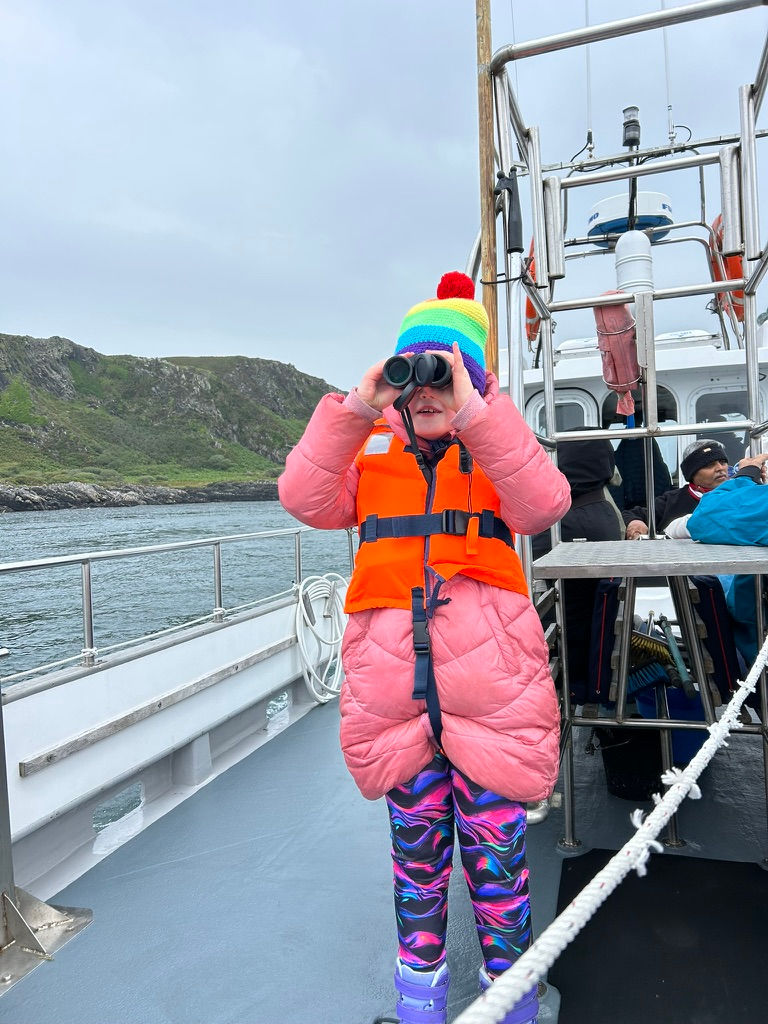Honesty as a Virtue
- Matthew Davies
- Feb 12, 2025
- 3 min read
The relentless consumption of autobiographies about members of Elvis Presley's family continues apace in the world of Matt Davies! Don't ask me why, I guess it's just a natural extension of my obsessive personality, where I go down a rabbit hole and that's me occupied for a little while, but at the moment, having hoovered up Elvis and Me by Priscilla Presley, I'm almost finished From Here to the Great Unknown by her daughter Lisa Marie Presely and her daughter Riley Keough!
Both of these women lived wild lives and there'll be more about Priscilla in a future blog, but today I want to expand on a quote from Riley, talking about her mother. Lisa Marie was nine when she lost her father Elvis to a number of factors caused or exacerbated by his extensive drug use. Needless to say, this trauma had a significant impact on her, especially given how close she was to her father and how tumultuous her relationship with her mother was. Substance abuse disorder often runs in families but after dabbling with drugs in her teenage years, Lisa Marie managed to abstain from further use until she was in her forties. Sadly, however, when she gave birth to twins in 2008, she developed an opioid addiction from the painkillers prescribed for her recovery from childbirth.
Stints in and out of rehab followed over the coming years and it was talking of these periods of sobriety and reflection where Riley shared a quote which really stood out, in a book filled with poignant and powerful moments.
Speaking of her mum's overwhelming honesty but seeming inability to change her behaviour, she said "I think she felt that being honest was the virtue, rather than the changing of her behaviour". That quote stopped me in my tracks, because it perfectly encapsulates something I've seen from a lot of leaders I've been around over my years in business.

There are many leaders out there who have behaviours or traits which are detrimental to their teams success, the experience of those working for them or their own progression within the organisation. Not all of them are aware of these shortcomings, but many are. And those who are, fall into two camps.
The first group take active steps to overcome the challenge and to better themselves as leaders. They recognise the opportunity to grow and develop, the difference it can make and the impact that it has on the culture and growth mindset of a team when the leader is serious about development and role models their own. (Hint - be like these leaders!)
The second group recognise the challenge and are open and honest in talking about it, but do absolutely nothing to change. They take the attitude that being honest about our shortcomings is the important thing, not actually working to overcome them! Sometimes even going as far to making light of their deficiencies and commenting about how tough or frustrating it is to work for them because of this known shortcoming.
This is like the internalised version of the type of people I wrote about waaaaaaay back in December of 2021, in my second ever blog. Leaders whose behaviour is known about but justified or shrugged off by others as just being a quirk of their personality or part of the cost of the many great things they bring to the team. But I'd argue that when you're self aware enough to know your shortcoming and do nothing about it, it's even worse than others seeing it - ESPECIALLY if that deficiency is detrimental to those whom you're given the opportunity to lead.
And it's possible to lie to ourselves about these shortcomings and frame them in such a way as to make it look like they're only detrimental to ourselves and not to those around us, but if you're going to be honest about them, be FULLY honest. Do some self reflection. Gather some feedback from people you know will tell you straight. Build a deeper understanding of the areas in which you need to be better and the impact that they're having on those around you. Use that as fuel to do something differently. Set yourself a challenge and embrace the opportunity that represents. Break it down into some simple goals and actions. Identify who you need to support you. Who does this thing well? Who sees you up close and can give you feedback and hold you accountable? Who should you check in with, to stay on track?
Being honest about yourself is great. It's an important part of growth. But it's only the start. Honesty is A virtue, not THE virtue.





Comments